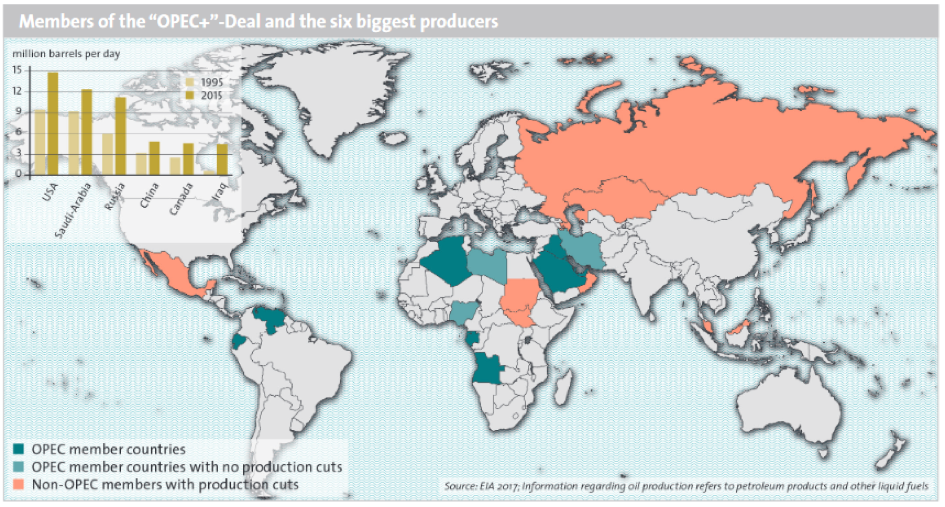IT-Enabled Behavior Change at the Water-Energy Nexus
Traditional approaches to foster resource conservation include efficiency (infrastructure) upgrades, price increases, and information campaigns. In the past few years, behavioral interventions have received attention as politically feasible and cost-effective alternative solution. A field study with 2120 participants in Singapore assesses the effectiveness of real-time feedback to mitigate water scarcity.
Water and energy are linked in many ways. In Europe, water heating is the second largest domestic energy end use and in many regions of the world, energy-intensive desalination plants secure the demand for drinking water. While in water-rich countries like Switzerland, HOT water conservation makes sense from an energy point of view, in other parts of the world, water conservation serves a dual purpose: preserving the precious resource water and the energy required for desalination and water heating.
Singapore has been ranked as the 5th most water stressed country worldwide in 2040. Today, the country largely depends on water imports from Malaysia; government forecasts anticipate that demand for water will more than double by 2060.
Together with colleagues from the National University of Singapore and the Universities of Bonn and Bamberg, researchers from the Bits to Energy Lab have conducted a study to quantify the impact of an IT-enabled behavior change tool in Singapore. They have deployed 900 smart shower meters that display water consumption in real time in the shower. The device has been developed by the ETH-spinoff company Amphiro AG. The results of the study in Singapore provide further evidence that this kind of behavior-specific feedback induces large energy and water savings in the range of 20% on average. With total per-capita savings of more than 7 liters/person/day, the results largely exceed the ambitious conservation goal that the Singaporean government has put forward.

The ESC member involved in this project is Prof. Elgar Fleisch head of Information Management and Co-Chair of the external page Bits to Energy Lab.
The Bits to Energy Lab, a joint research initiative of ETH Zurich (Prof. E. Fleisch, D-MTEC; and Distributed Systems Group, Prof. Friedemann Mattern, D-INFK), the University of Bamberg, and the University of St. Gallen, combines information technology and behavioral science to promote sustainable energy consumption.